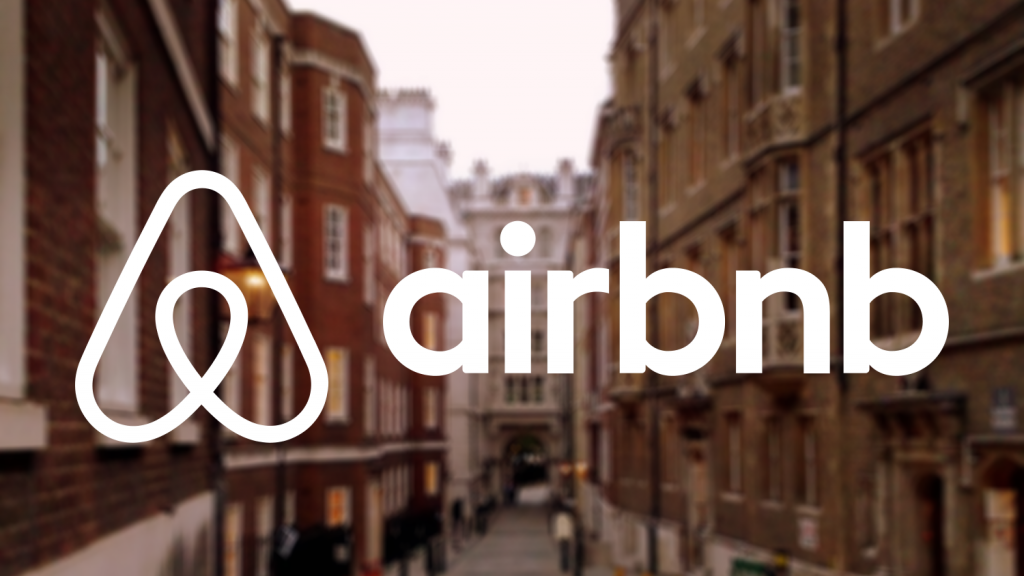Canadian cities considering regulation for Airbnb and others
As Canadian cities continue to crack down on online home-rental platforms, Airbnb maintains it’s open to regulation provided new rules don’t penalize casual users and recognize not every host runs a full-fledged business.

Airbnb’s Alex Dagg offered the following comments “There are still a lot of misperceptions about what home-sharing is all about. That’s the concern – that you come up with something that you think makes sense. And without understanding really what your community is looking like and how they’re using the platform and how they’re benefiting from it, you can really design something that isn’t helpful,”
Many homeowners or tenants use the platform to rent out a portion of or their entire home to earn some extra cash. Airbnb’s critics argue that it has created additional housing problems in cities with low vacancy rates and high home ownership costs.
The Vancouver and Toronto governments have indicated that they are weighing the possibility of imposing a number of restrictions on users.
Dagg is in Vancouver to argue the American company’s case in front of a city council holding public hearings into a proposed home-sharing bylaw. If approved, it would take effect in April and require hosts to have a licence that costs $49 each year and to only rent out their primary residence.
The city argues limiting short-term rentals to primary residences will protect existing long-term rental housing and potentially add new units to a heated rental market. Dagg wants the city to consider allowing Airbnb rentals in some circumstances where a person’s primary residence is outside Vancouver.
Toronto, another market grappling with high rents and housing prices, recently wrapped public consultations on its proposed home-sharing regulations.
The city wants to allow people to rent their principal residence for no more than 28 consecutive days. It will also require hosts to register with Toronto at a cost of $40 to $150 annually. In November, the city will hold committee meetings to vote on the regulations and, if passed, the regulations will head to council in early December.
On October 25, Airbnb announced an arrangement with Neptune Waterpark Condos in Toronto that will allow residents to rent their primary residence in the building using Airbnb and receive a portion of the profit. It’s the first building in Canada to join the company’s so-called friendly buildings program, which had only operated in the States up to now.
The system could help ease some condo boards’ concerns about security if units are rented to travellers as it gives management access to a guest registry. Dagg said there’s “no reason” a similar set-up couldn’t work in Vancouver.
But she believes it’s too early to say whether Vancouver will side with the home-sharing industry and its proponents, or stick to its proposed bylaw. Regardless, she said, it’s important to keep monitoring regulations once they’re in place.
“We’ll obviously continue to work with the city.”



